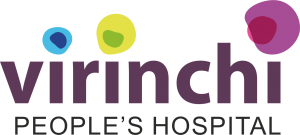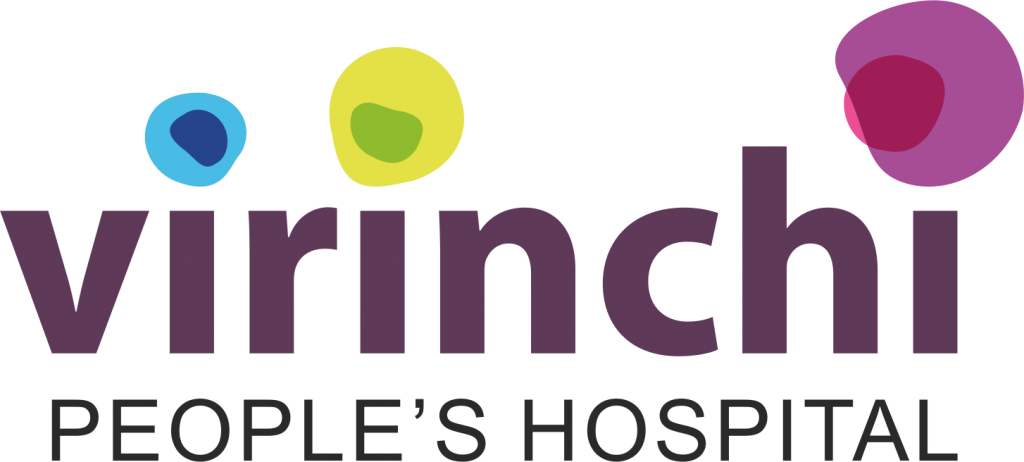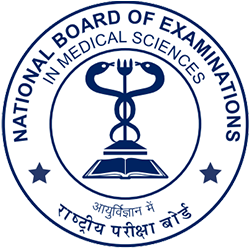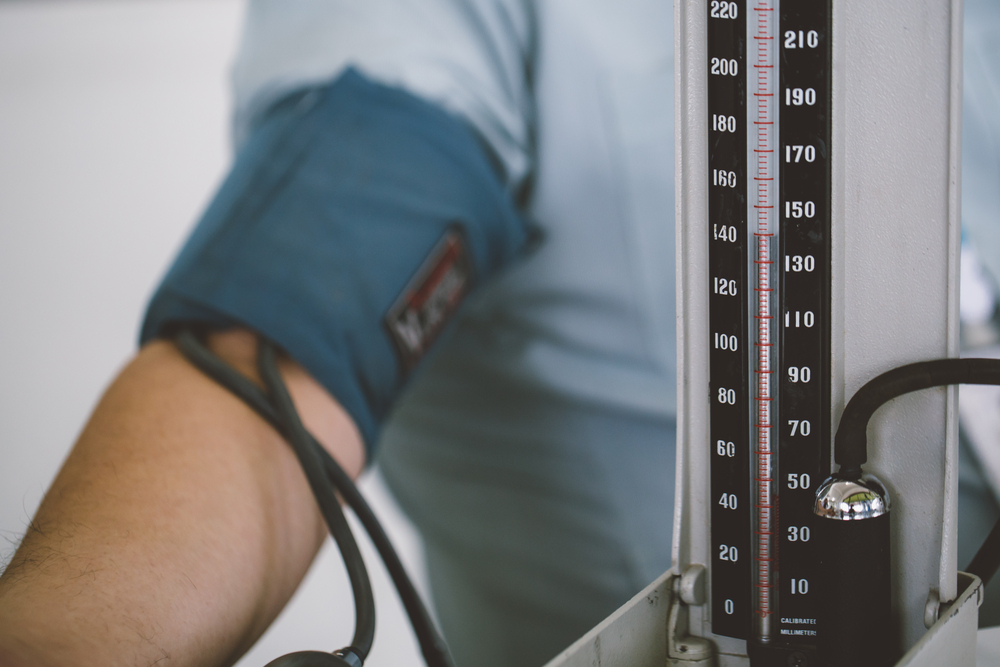Hypertension is a severe medical condition in which blood pressure in the arteries is either constantly or intermittently elevated.
What are the normal and hypertension blood pressure values?
- Low blood pressure – Less than or equal to 90/60
- Normal blood pressure – Less than or equal to 120/80
- Stage-1 Hypertension – Greater than or equal to 130/80
- Stage-2 Hypertension – Greater than or equal to 140/90
- Hypertensive Crisis – Greater than or equal to 180/120
What are the types of Hypertension?
Hypertension may result as a consequence of medical condition (Secondary Hypertension) or even in the absence of a medical condition (Primary/Essential Hypertension).
Why Hypertension is known as silent killer?
Without any obvious symptoms, undiagnosed or unmanaged hypertension can cause vital organ damage progressively.
What are the signs and symptoms of Hypertension in Adults?
Hypertension is typically asymptomatic (no symptoms), but when accompanied with anxiety in some people can cause –
- Headaches
- Light-headedness
- Spinning Sensation – Vertigo
- Buzzing or hissing in the ears – Tinnitus
- Altered or blurred vision
- Fainting – Syncope
What are the triggers of sudden surge or fluctuations of Hypertension?
This fluctuating hypertension gets triggered with –
- Excessive physical activity
- Uncontrolled emotions
- Body position
- Excessive salt intake
- Excessive alcohol intake
- Sleep deprivation
- Excessive caffeine intake
- Nonsteroidal Anti-Inflammatory Drugs (NSAIDS)
What are the medical conditions that cause secondary hypertension?
- Cushing’s syndrome
- Hyperthyroidism
- Hypothyroidism
- Acromegaly
- Conn’s syndrome or hyperaldosteronism
- Renal artery stenosis (from atherosclerosis or fibromuscular dysplasia)
- Hyperparathyroidism
- Pheochromocytoma
What are the causes and risk factors of Primary Hypertension?
- Age under 60years; men are more affected (34%) than women (30%)
- Age above 60years; women are more affected (50%) than men (45%)
- Lifestyle
- Family History and Genetic Factors
- Lack of Exercise
- Poor Dietary Practices
- Obesity
- Chronic Mental Stress
- Depression
- Caffeine Consumption
- Excessive Salt Consumption
- Diabetes
- Metabolic Syndrome
- Pregnancy
- Less potassium in diet
- Kidney disease
- Coarction / Narrowing of the aorta (COA) – in new-borns
- Diabetes
- Obstructive Sleep apnoea
- Certain medications, such as NSAIDs, decongestants, Oral contraceptives and Steroids, migraine medications
What are the complications of Hypertension?
- Atherosclerosis
- Kidney Damage or Failure
- Hypertensive Retinopathy – causing vision problems
- Heart attack
- Heart failure
- Aneurysms / Abnormal Heart Rhythms
- Dementia
- Loss of libido and erectile dysfunction
When to seek medical attention from Hypertension?
- Blood pressure is much higher than normal – 180/120 or higher (Hypertensive Crisis)
- Blood pressure is causing – Severe headache or Blurry vision / Breathlessness
- Losing consciousness
What should be the frequency of blood pressure monitoring?
- If you don’t have any medical history of pressure, ideal frequency is one year
- If you are already suffering from hypertension (140/90 or higher), daily checks – once in the morning and the other in the evening is recommended
- Always measure blood pressure in your upper arm and not using wrist or finger
What are the treatment options available for Hypertension?
- Implementing necessary lifestyle changes
- Improving dietary practices
- Taking necessary measures for weight loss
- Recommending regular exercises and active physical life
- Medication- Diuretics, beta-blockers, ACEIs/ARBs, aldosterone antagonists, Calcium channel blockers, Alpha-blockers, Alpha-agonists, Renin inhibitors
- Minimally Invasive Interventions – Renal artery angioplasty with stenting
How to prevent primary hypertension?
- Eating heart healthy diet – fruits, vegetables, wholegrains
- Avoiding foods rich in salt, sugar, saturated & trans fat
- Maintaining healthy weight
- Manage diabetes and blood pressure with preventive medication
- Exercising regularly
- Avoiding sedentary lifestyle
- Minimising or avoiding alcohol intake
- Avoiding or quitting smoking
- Managing stress
What are the self-management remedies for managing hypertension?
- Measure blood pressure periodically and take meds as prescribed
- Maintain healthy weight and loose extra kilos if possible
- Exercise regularly for at least 30 minutes everyday
- Depend more on fruits, vegetables and whole grains than on supplements
- Control you potion size and eat according to your planned activities
- Stick to healthy eating with controlled portion seizes when dining away from home
- Reduce salt and sugar intake either through food or beverages
- Cut down on fast foods and processed foods rich on saturated and trans fat
- Limit alcohol consumption
- Limit or quit smoking
- Manage stress and sleep adequately for at least 8hrs
- Limit Caffeinated beverages
- Maintain healthy relationships with friends and family and take help as and when necessary
- Satisfy you chocolate cravings with dark chocolate than other varieties






